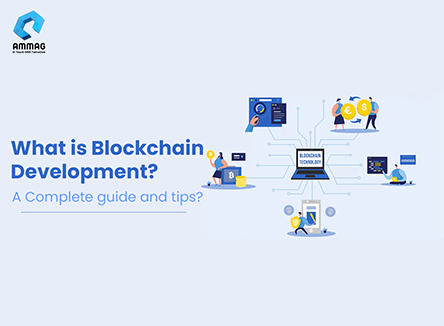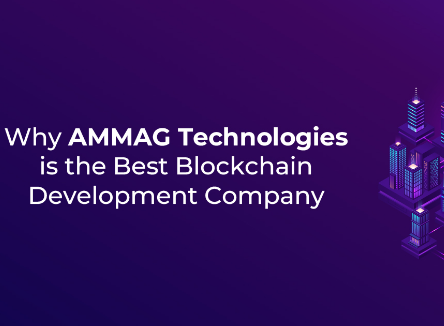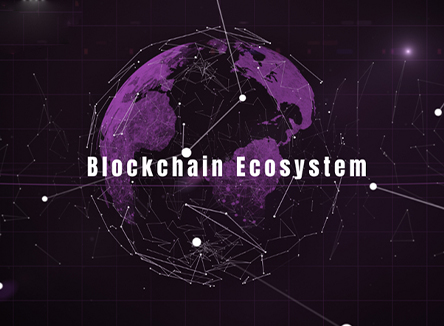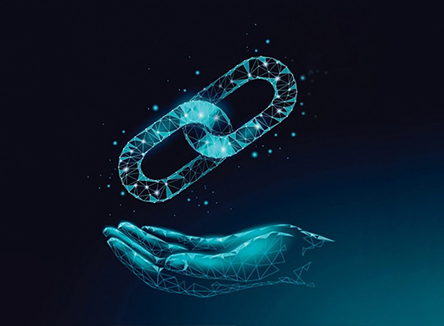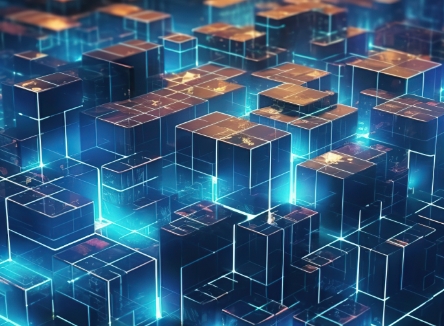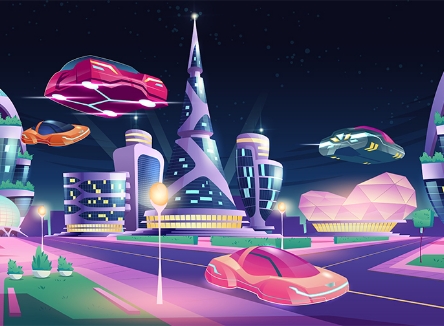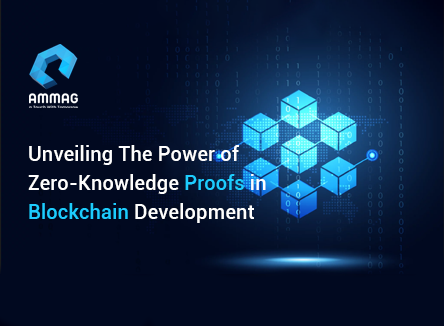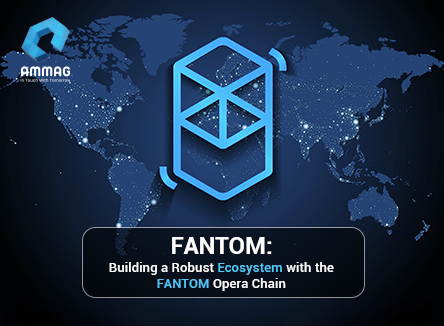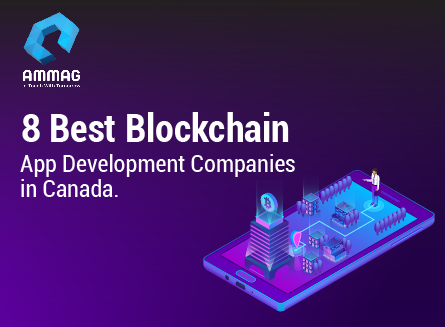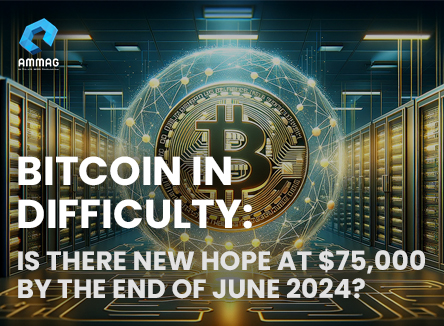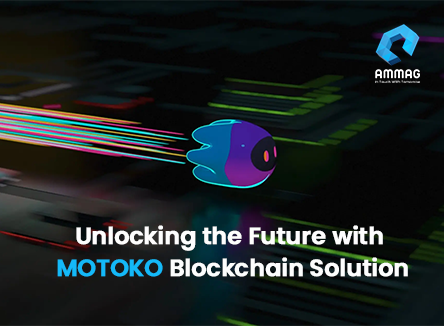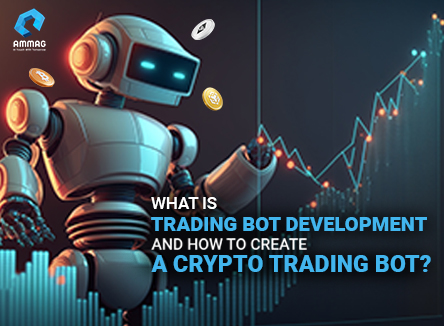The Future of Web3 Development: Unveiling Web3 and Decentralization
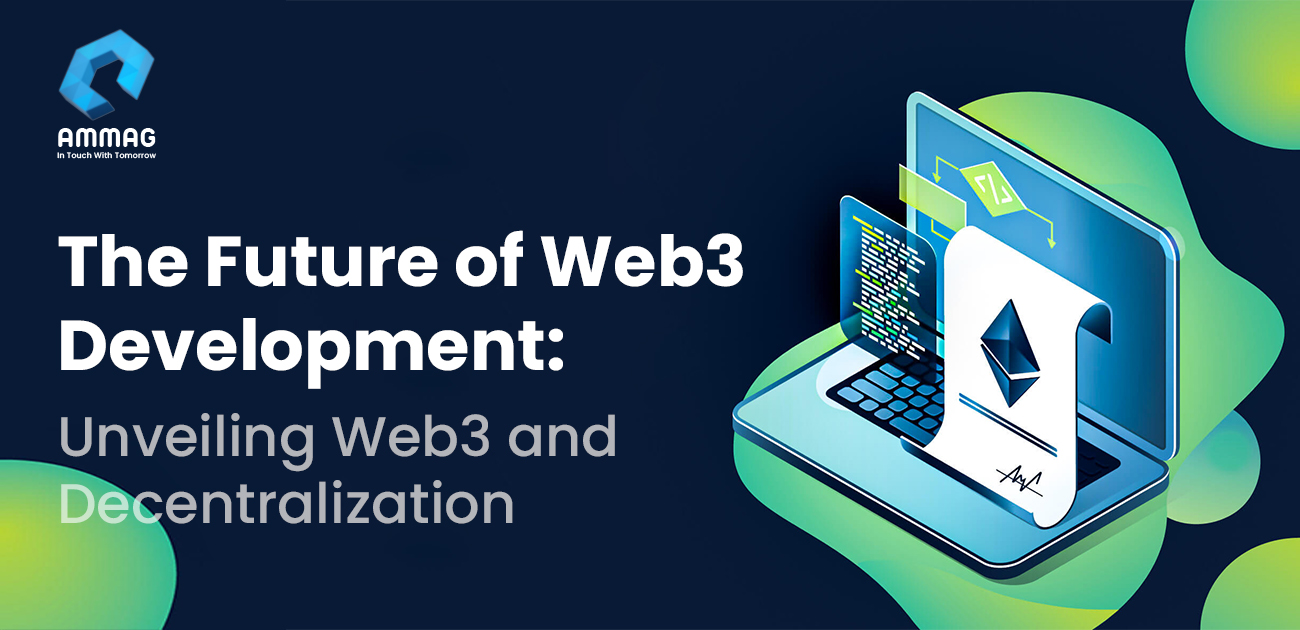
In the ever-evolving landscape of web development, there's a paradigm shift on the horizon – one that promises to reshape the digital world as we know it. This transformative force is Web3, and it comes with the powerful concepts of decentralization and user empowerment. As the digital realm continues to advance, the future of web development is becoming increasingly intertwined with the principles of Web3.
Web3 signifies a departure from the traditional, centralized model of the internet, characterized by tech giants and data monopolies. It introduces a new era where users are no longer mere consumers but active participants in the digital ecosystem. Web3 aims to give individuals greater control over their online presence, data, and digital interactions.
As we delve into this blog, we will explore the essence of Web3, its technologies, and its applications. We will also highlight the role of best DeFi development agency in this revolution and how they are at the forefront of implementing decentralized finance solutions. Additionally, we will discuss the emergence of DeFi smart contract development and role of a DeFi development company, as a pivotal aspect of Web3's financial evolution.
The journey through Web3 and decentralization promises a future where users are not just beneficiaries but also active stakeholders in the web development process. It's a future where digital empowerment and control are not just buzzwords but the new norm. So, let's embark on this enlightening journey to unveil the future of web development with Web3 and decentralization at its core.
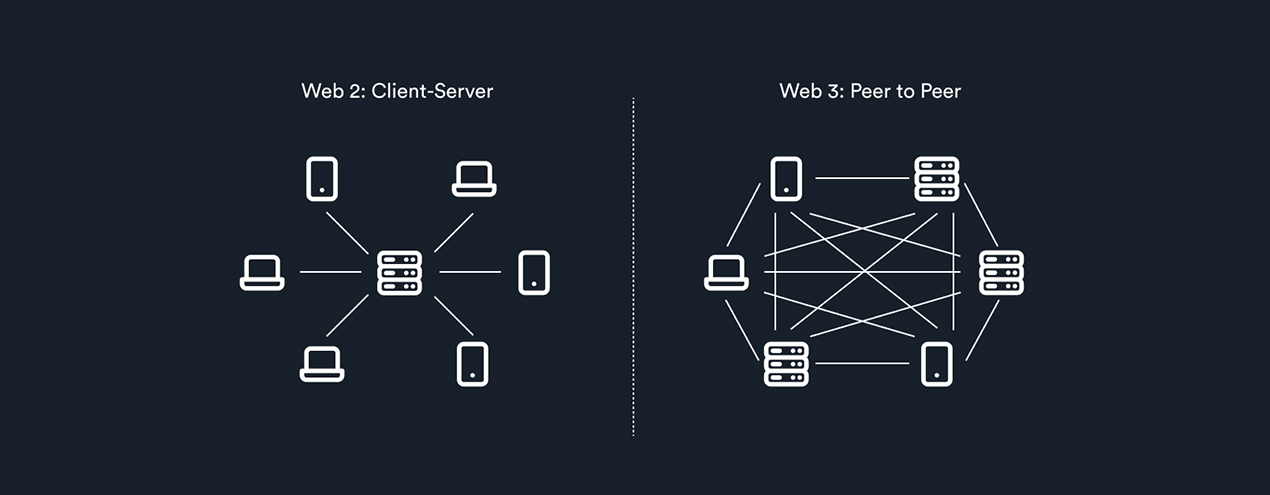
Understanding Web3
Web3, the next phase in the evolution of the internet, is a departure from the conventional Web2 landscape. It operates on principles that prioritize decentralization, user empowerment, and a fundamental rethinking of the way digital services are provided.
At the heart of Web3 is the concept of decentralization. Unlike Web2, where a handful of tech giants controlled digital services and dictated the rules of engagement, Web3 envisions a distributed model. Here, users are no longer mere consumers but active participants. The control that was once concentrated in the hands of a few is now disseminated across a global network of users.
Web3 is about enabling direct peer-to-peer interactions without the need for intermediaries. It utilizes technologies like blockchain, which is a distributed ledger, to secure and validate transactions and interactions. This means users can engage with one another and digital services without relying on centralized authorities. The result is greater autonomy, trust, and transparency.
Difference between Web2 and Web3
Web3 is a departure from the traditional client-server architecture of Web2. In Web2, user data and interactions were stored on central servers controlled by service providers. In contrast, Web3 is decentralized and often employs peer-to-peer (P2P) networks. This architecture ensures that data is distributed across a network of computers, reducing the risk of single points of failure and enhancing security.
Web3 brings forth a new era of user-centricity. It empowers users to own and control their data, enabling them to decide how and when their information is shared. The user becomes the focal point, and digital services must respect their privacy and data ownership.
Web3 represents a paradigm shift in web development, as it demands a fresh approach to how websites and applications are built. The future of web development will be defined by these principles of decentralization and user-centricity. To understand the significance of Web3, it's crucial to explore the technologies that underpin it, which we will delve into in the next section.
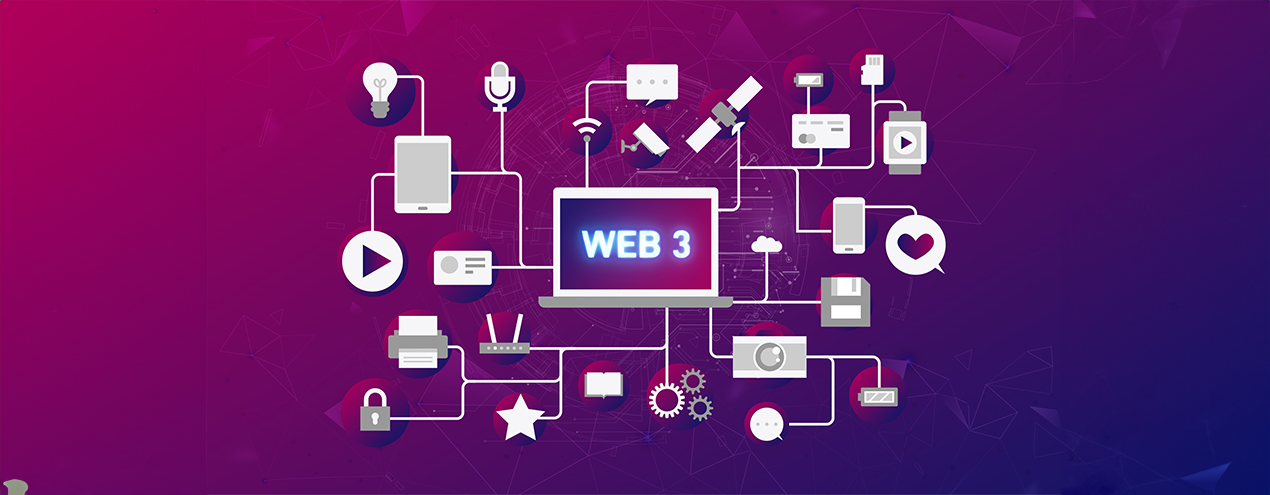
Web3 Technologies
Web3 technologies are the building blocks that power the new era of the internet. These tools and frameworks are reshaping web development, offering a decentralized and user-centric approach to creating websites and applications.
Blockchain
Most of leading blockchain services provider think that Web3 is the core of blockchain technology. Blockchains are distributed ledgers that record transactions across a network of computers in a secure and immutable manner. This technology eliminates the need for central authorities, making transactions and data interactions trustless and transparent.
Smart Contracts
Smart contracts are self-executing agreements with the terms of the contract directly written into code. They run on blockchain networks, automating contract execution when predefined conditions are met. Smart contracts are a crucial component of decentralized applications (dApps) and are revolutionizing various industries, from finance to supply chain.
Decentralized Finance (DeFi)
DeFi is a financial ecosystem built by a DeFi development company on blockchain technology. It provides traditional financial services such as lending, borrowing, and trading without the need for banks or intermediaries. DeFi smart contract development allows users to interact with financial services directly, securely, and with high transparency.
Decentralized Identity
Decentralized identity solutions enable users to have control over their personal information and digital identity. Users can selectively share their data without relying on a central identity provider. This technology enhances privacy and security, reducing the risks of data breaches.
Interoperability Protocols
Interoperability is a key focus in Web3. Different blockchain networks and platforms need to communicate and interact seamlessly. Protocols like Polkadot and Cosmos aim to bridge different blockchains, allowing them to share data and functionality.
IPFS (InterPlanetary File System)
IPFS is a distributed file system that connects all computing devices with the same system of files. It's designed to create a more efficient and secure web. Content on IPFS is addressed by its content and not its location, making it resilient and censorship-resistant.
Web3 technologies open up new possibilities for web development. They pave the way for creating decentralized applications and services that prioritize user control, security, and privacy. The integration of these technologies is a fundamental shift in how websites and applications are built, as it moves away from the centralized model of Web2 to a more democratic, secure, and transparent Web3 landscape.
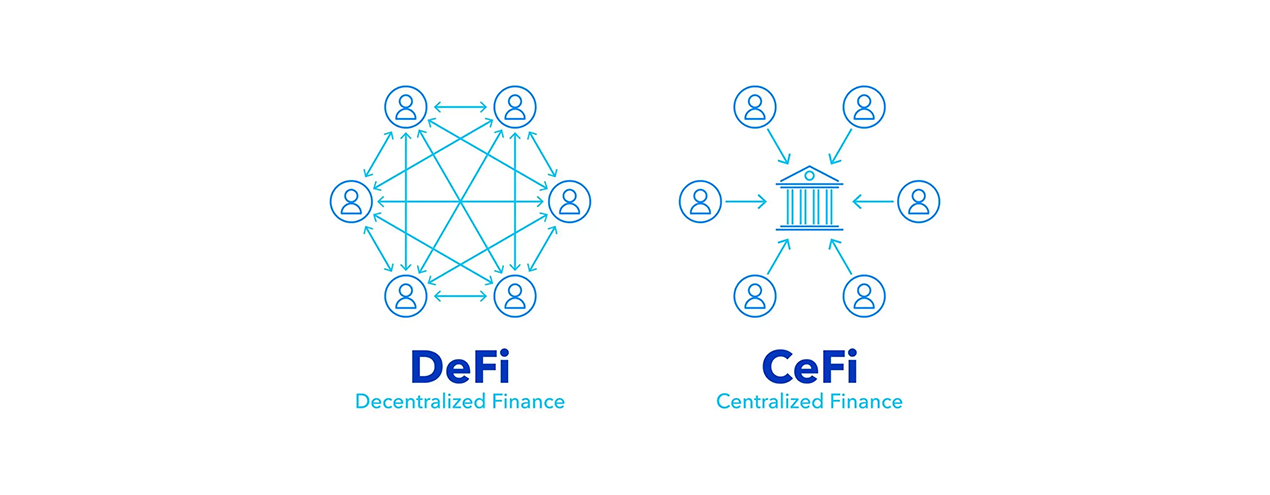
Decentralized Finance Development
Decentralized finance, commonly referred to as DeFi, has emerged as one of the most transformative aspects of Web3. It represents a fundamental shift in the way we think about traditional financial services by making them more accessible, inclusive, and secure through the power of blockchain technology.
At its core, DeFi is a financial ecosystem built by a DeFi development services providers on blockchain networks. It provides a wide range of financial services, such as lending, borrowing, trading, and more, without the need for traditional intermediaries like banks or financial institutions. The entire DeFi landscape is open, permissionless, and transparent, making it a natural fit for the principles of Web3.
One of the key components of DeFi is smart contracts. These self-executing contracts run on blockchain networks and automate various financial processes, from lending funds to earning interest. A DeFi development company considers smart contract development as a backbone of the DeFi movement, as these contracts are responsible for enforcing the rules of the financial applications without the need for intermediaries.
The role of DeFi smart contract development in Web3 cannot be overstated. These smart contracts enable trustless and automated financial transactions, as they execute actions only when predefined conditions are met. They provide transparency, security, and efficiency in financial operations.
The DeFi space has witnessed significant growth, with thousands of decentralized applications and platforms offering innovative financial services. Users can lend their assets to earn interest, borrow funds using their cryptocurrency holdings as collateral, trade a wide range of assets, and even participate in yield farming to maximize their returns.
Decentralized exchanges (DEXs), lending protocols, yield aggregators, and liquidity pools are just a few examples of DeFi applications that have gained immense popularity. These platforms are powered by DeFi smart contracts, ensuring that users have full control over their assets and financial decisions.
Explore different DEXs App in our Blockchain development portfolio to get deep understand of Defi Applications.
The concept of DeFi development has the potential to disrupt traditional finance by providing financial services to individuals who were previously excluded from the traditional banking system. Moreover, DeFi promotes financial transparency, security, and interoperability across various blockchain networks.
DeFi and Web3 is a significant step towards reshaping the financial industry. As Web3 continues to gain traction, DeFi smart contract development and the services it powers will likely play a pivotal role in the broader adoption of decentralized technologies by any DeFi company.
Web3 Applications
The advent of Web3 technologies has given rise to an abundance of innovative applications available to any DeFi development company, that is revolutionizing how we interact with the digital world. These applications are designed to empower users by returning control of data and digital assets to their rightful owners.
In the Web3 landscape, users are no longer mere consumers but active participants who can securely manage and monetize their data, engage in decentralized networks, and interact with applications that respect their privacy and digital sovereignty.
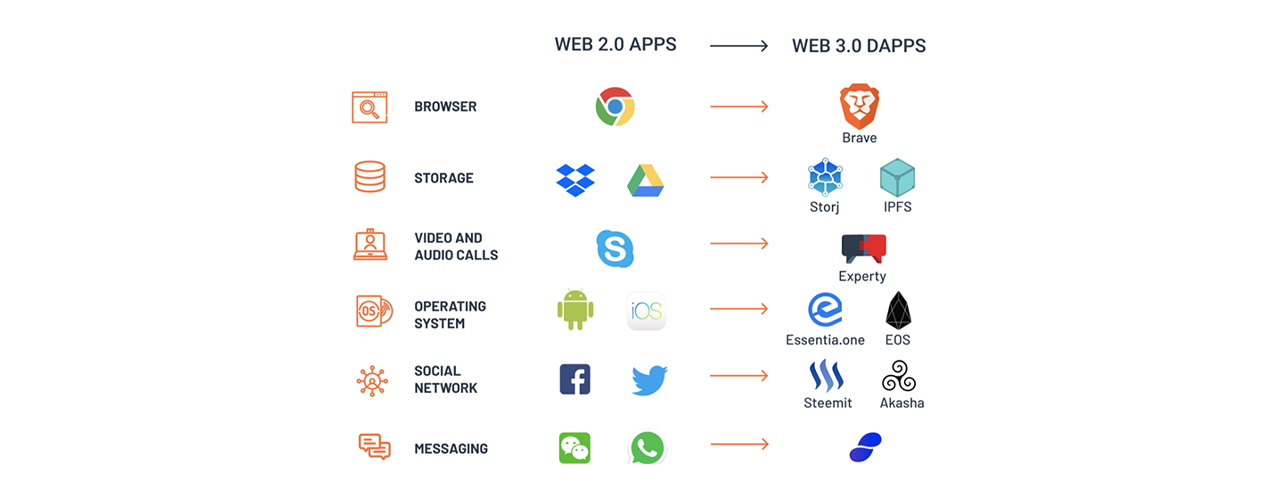
Let's explore some real-world examples of Web3 applications that highlight the benefits of this emerging paradigm:
Decentralized Social Networks
Web3 is challenging the status quo of social media by introducing decentralized social networks. These platforms give users ownership of their data and allow them to decide how their information is used. By leveraging blockchain technology, they eliminate issues like data manipulation and centralized control.
Decentralized Social Networks
Web3 offers the concept of self-sovereign identity, where individuals have control over their digital identity and can selectively share their personal information without relying on a central authority. This approach ensures privacy and security in a world where data breaches and identity theft are growing concerns.
Digital Art and Collectibles
Non-fungible tokens (NFTs) have gained significant attention as a prime example of Web3 applications. These unique digital assets can represent artwork, collectibles, and more. NFTs enable artists and creators to directly connect with their audience, receive fair compensation, and ensure the provenance and authenticity of their work.
Decentralized Finance (DeFi)
We've already discussed the role of DeFi in Web3 development, but it's worth reiterating its significance. DeFi applications enable users to access a wide range of financial services without the need for traditional intermediaries. They offer transparency, security, and inclusivity in the financial sector.
Decentralized Autonomous Organizations (DAOs):
DAOs are organizations governed by code and run on blockchain networks. They enable participants to make collective decisions without relying on centralized authorities. Web3-based DAOs have the potential to revolutionize governance models across industries.
These examples merely scratch the surface of what's possible with Web3. The overarching theme of these applications is a shift of power from centralized entities to the individual user. Users have more control over their digital experiences, assets, and interactions, leading to a more democratic and open internet.
The Role of Ammag Technologies in Web3 Development
Ammag Technologies stands at the forefront of Web3 and decentralized development, playing a pivotal role in shaping the future of the digital landscape. With a deep commitment to harnessing the transformative power of emerging technologies, Ammag Technologies has been instrumental in assisting businesses transition to this new web paradigm.
In the context of Web3 and decentralized development, Ammag Technologies offers a range of Blockchain app development solutions that align with the principles and technologies driving this monumental shift.
One of the key areas where Ammag Technologies excels is in blockchain development. Blockchain, as a foundational technology of Web3, holds immense potential for securing and decentralizing various aspects of digital interactions. Ammag Technologies' expertise in blockchain development allows them to create robust, transparent, and secure solutions that underpin the next generation of digital platforms.
Furthermore, Ammag Technologies specializes in DeFi smart contract development, a critical component of the expanding DeFi landscape. DeFi smart contracts automate financial processes, enabling secure and trustless transactions. By contributing to the development of DeFi smart contracts, Ammag Technologies supports the creation of decentralized financial services that offer users unprecedented control over their assets.
Ammag Technologies' commitment to innovation is evident in their approach to Decentralized finance development. They have been active in driving the DeFi ecosystem forward, helping businesses integrate DeFi solutions that provide users with more accessible and inclusive financial services. This aligns with the core principles of Web3, where inclusivity and user empowerment are paramount.
The company's contributions extend beyond technology. Their commitment to enhancing the user experience and making the transition to Web3 seamless for businesses has made them a valuable partner for those seeking to embrace the decentralized future. They understand the challenges and opportunities presented by Web3 and are dedicated to guiding their clients through this transformative journey.
As we continue to explore the landscape of Web3, it becomes evident that Ammag Technologies' role is instrumental in creating a digital world that is more secure, transparent, and user-centric. By offering services in blockchain and DeFi development, they are actively contributing to the ongoing shift from centralized Web2 models to the decentralized and democratized world of Web3.
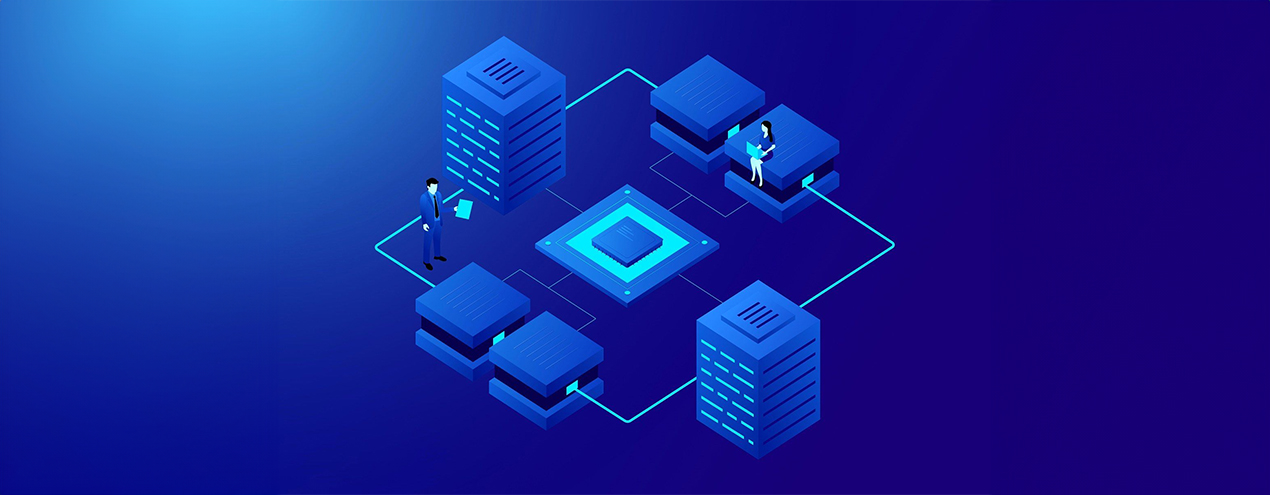
Challenges and Opportunities
While the advent of Web3 and decentralized development promises a transformative digital landscape, it also comes with its unique set of challenges and boundless opportunities. Understanding these dynamics is crucial for individuals and businesses looking to navigate the evolving terrain of the internet.
One of the primary challenges facing Web3 is scalability. Decentralized systems, particularly blockchain networks, often encounter bottlenecks in processing transactions at scale. The demand for decentralized applications and services is on the rise, and addressing scalability concerns is imperative to ensure a seamless user experience.
Interoperability is another critical challenge. With various blockchain networks and platforms emerging, creating a cohesive and interconnected ecosystem is a complex task. Achieving interoperability between these disparate systems is essential for harnessing the full potential of Web3.
However, these challenges bring forth numerous opportunities for innovation. Developers, businesses, and Web3 enthusiasts are actively working on solutions to enhance scalability and interoperability. New consensus mechanisms, layer 2 solutions, and cross-chain technologies are being developed to address these issues and unlock the full capabilities of decentralized systems.
As Web3 continues to evolve, it presents vast opportunities for creativity and entrepreneurship. Developers and entrepreneurs are exploring new ways to utilize blockchain, smart contracts, and DeFi to create groundbreaking applications and services. Decentralized finance, in particular, is opening up innovative possibilities in lending, trading, and asset management.
Conclusion
In this journey through the realm of Web3 and decentralized web development, we've unveiled the future of the internet. The transition from Web2 to Web3 signifies a monumental shift in the digital landscape, emphasizing user control, data ownership, and decentralized technologies.
We've explored the fundamentals of Web3, its core technologies like blockchain and smart contracts, and its transformative impact on various industries. Real-world applications of Web3 have shown how this new paradigm enhances user experiences and challenges traditional models.
One essential player in this transition is Ammag Technologies. Their contributions to Web3 and decentralized development, along with their expertise in implementing Web3 technologies, are pivotal in assisting businesses in this evolving landscape. If you have any type of project related to Web3 development you can get in touch with us for free consultancy and project estimation.
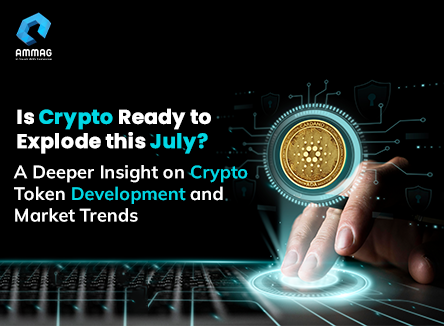
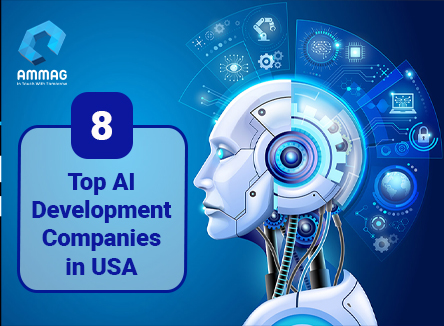





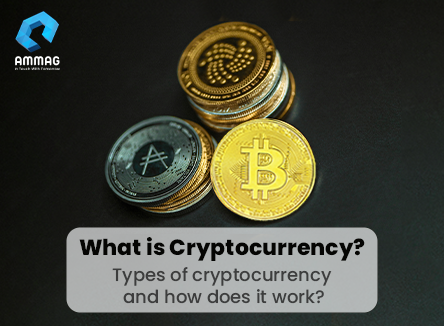





-and-How-Does-It-Work/Main-Image_02.jpg)
